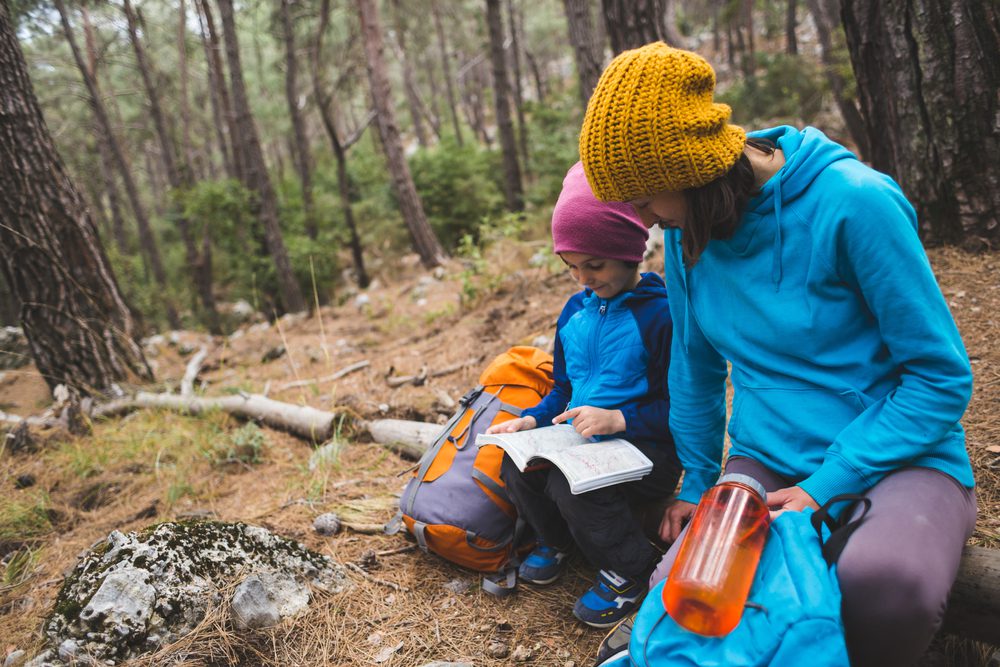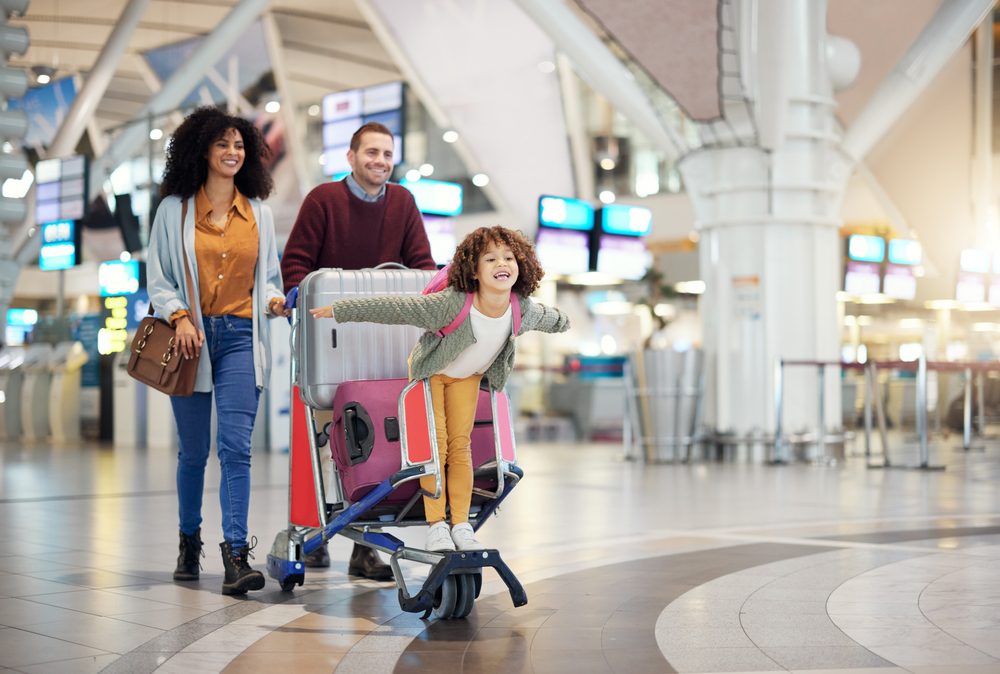A family trip may be an exciting adventure, but the secret to making it stress-free and pleasurable is careful planning. This post offers a comprehensive how-to, so you may maximize the enjoyment and overcome the difficulties of traveling with children.
Selecting the Ideal Location
It’s critical to choose a location that welcomes families. Choose locations with family-friendly lodging and attractions that cater to a range of ages. Select a destination that fits your family’s interests, whether it’s the calm landscapes of Kerala, the beaches of Goa, or the cultural activities in Jaipur.

Organizing Activities for All Ages
Adapt your activities to the interests and stamina of your kids. To ensure availability, investigate and reserve activities or attractions in advance. All of the above combined with a healthy dose of culture, education, and fun will keep your kids happy and involved the whole trip.
Packing Wisely
Make a thorough packing list to make sure you have everything you need for a trouble-free travel. Carry extra clothes, wipes, diapers, and any prescription drugs you may need. To keep your children occupied on the trip, remember to include snacks, beverages, and entertainment materials like toys, books, and technological gadgets.
Choosing the Right Mode of Transportation
Consider the distance, time, and cost while evaluating your transit alternatives. Make reservations in advance for child-friendly alternatives and seats on trains and airplanes. If you must drive, make sure your kids are buckled up in their car seats and schedule breaks.
Locating Family-Friendly Lodging
Seek for lodging options with large rooms, play spaces, and swimming pools that are geared toward families. When making bookings, ask about things like high chairs or cribs to make sure your family has a comfortable stay.
Sustaining Regularities and Adaptability
Maintain consistent nighttime rituals to aid in your kids’ surroundings adjustment. To avoid packing too much into your calendar, give yourself some leeway while planning your itinerary and provide time for rest and leisure.
Keeping Children Engaged
Carrying a range of entertainment alternatives on long trips may be helpful. Some ideas are coloring books, novels, puzzles, or iPads loaded with kid-friendly applications or movies. Make the trip fun for everyone by including your kids in interactive activities, sing-alongs, or storytelling.
Keeping the Children Amused on the Trip
Children may find long drives difficult, so it’s important to keep them occupied. Bring along a selection of amusements, such as electronic games, novels, coloring books, and puzzles. Make the trip fun for everyone by including your kids in interactive activities, sing-alongs, or storytelling.
Maintaining Organization for Ease
Organize and make easy access to necessities using labeled bags or packing cubes. Assign a specific person to hold travel papers, such as boarding tickets and passports. Maintaining organization lowers stress and lessens the possibility of losing crucial things.
Gracefully Accepting the Unexpected
Even with careful planning, unforeseen events can happen. Remain composed and patient in the face of difficulties. Be ready to modify your plans and, if needed, seek out local support or medical attention.
Making Certain Financial Security
To preserve your investment, think about financial protection solutions such as travel insurance. Recognize the specifics of the coverage to make sure you are ready for unforeseen circumstances that might affect your travel arrangements.
Getting Around the Culinary Scene
It’s important to consider food preferences and dietary requirements while traveling with kids. Look for kid-friendly alternatives on the menus of family-friendly restaurants when you arrive at your location. Bringing along some well-known snacks might come in quite handy, particularly for finicky eaters. To further transform meals into a cultural experience, think about sampling regional specialties with your companions.
Safety and Health Measures
Make sure your kids are safe and healthy by putting together a simple first aid kit that includes band-aids, antiseptic wipes, and any prescription drugs that may be required. Learn where the medical facilities are located when you arrive at your destination. Have an up-to-date list of your kids’ allergies and emergency contacts on hand. Following safety precautions, such as wearing sunscreen and watching your children in busy areas, helps to a worry-free journey.
Promoting Self-reliance
Depending on your children’s age, arrange activities together, but also give them some free time to explore on their own. This allows parents some much-needed rest while simultaneously giving them a sense of independence. Select locations with kid-friendly zones under supervision so they can engage in supervised independent exploration.
Make Contact with Other Families
Think about making connections with other families who are traveling, either in advance of your trip via internet forums or while you’re on the road. Together with giving kids company, playdates and group activities let parents exchange advice and insights. It’s a great approach to foster a sense of belonging and improve everyone’s enjoyment of the travel.
Recording the Adventure
Urge your kids to make a digital scrapbook filled with images and memories, or to start a trip journal. This becomes a treasured memento in addition to being a creative outlet. Engage them in the process of documenting events, whether via illustrations, pictures, or brief narratives, to encourage engagement and produce enduring recollections.
Accountability for the Environment
Teach your kids to travel responsibly and to be environmentally conscientious. Reduce your environmental impact by choosing eco-friendly lodging, cutting back on trash, and honoring nearby ecosystems. Talk to your kids about the value of protecting the environment and being responsible travelers.

Cultural Immersion
Take part in courses or cultural activities to fully immerse your family in the local way of life. These can include tours to regional markets, culinary lessons, or traditional dance performances. Interacting with the neighborhood expands your kids’ horizons and improves the trip’s educational value.
Post-Trip Reflection
After the trip, spend some time together thinking back on the adventures. Talk about your highlights, lessons learnt, and any difficulties you overcame. This reflection not only strengthens family bonds but also helps in planning future trips with insights gained from the current one.
In summary
Planning beforehand and having an open mind are essential when starting a family trip. You can make sure that the whole family has a smooth and joyful trip by using our advice and the top 10 suggestions. Savour every second of the trip as you make priceless memories that will last a lifetime, from the trip to the final destination. Happy travels!


